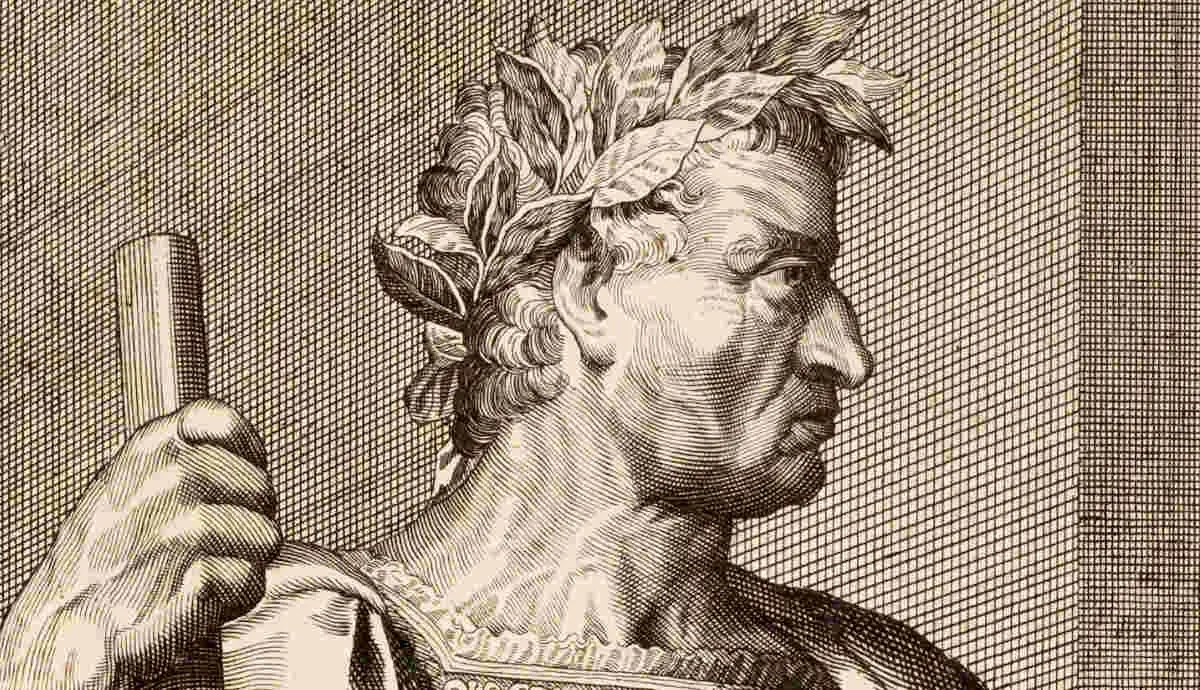Roman emperor after Galba
In the turbulent aftermath of Galba's brief and tumultuous rule, the Roman Empire found itself plunged into further political chaos as rival claimants vied for the imperial throne. Among these contenders emerged Marcus Salvius Otho, a charismatic and ambitious figure whose ascent to power would leave an indelible mark on the course of Roman history. Let us delve into the life, reign, and legacy of Otho, the Roman emperor who succeeded Galba and ushered in a new era of intrigue and conflict.
Early Life and Political Career
Marcus Salvius Otho was born into a distinguished family of Etruscan origin in 32 AD. From a young age, Otho displayed an aptitude for politics and leadership, earning the favor of prominent figures within the Roman elite. His friendship with the Emperor Nero, whom he served as a trusted advisor, helped to catapult Otho into positions of power and influence within the imperial court.
Otho's Betrayal of Galba
Following the death of Nero and the subsequent ascension of Galba to the imperial throne, Otho's fortunes took a dramatic turn. Despite his loyalty to Nero, Otho recognized an opportunity to advance his own ambitions by aligning himself with Galba. However, tensions soon arose between Galba and Otho, as Galba's autocratic rule and favoritism towards other advisors alienated Otho and his supporters.
The Coup Against Galba
In January 69 AD, Otho seized upon mounting discontent within the Roman legions to orchestrate a coup against Galba's rule. With the support of the Praetorian Guard and elements of the Roman military, Otho proclaimed himself emperor and moved swiftly to consolidate his power. Galba, caught off guard by Otho's betrayal, was swiftly deposed and executed, clearing the path for Otho to assume the imperial throne.
Otho's Reign as Emperor
Otho's reign as emperor was marked by a combination of political intrigue, military conflict, and attempts to win over the support of the Roman populace. He sought to establish his legitimacy through acts of generosity and benevolence, including the repeal of certain unpopular policies implemented by Galba. However, Otho's rule was quickly challenged by rival claimants to the throne, including Vitellius, the governor of Germania Inferior.
The Battle of Bedriacum and Otho's Demise
In April 69 AD, Otho's forces clashed with those of Vitellius in the decisive Battle of Bedriacum. Despite putting up a valiant defense, Otho's army was ultimately defeated, forcing Otho to confront the grim reality of defeat. Rather than subjecting Rome to further bloodshed and civil strife, Otho made the fateful decision to take his own life, ending his reign as emperor and bringing an abrupt end to the chaos of the Year of the Four Emperors.
Legacy and Impact
In death, Otho left behind a legacy of ambition, betrayal, and ultimately, self-sacrifice. Though his reign as emperor was brief and marked by turmoil, Otho's actions left an indelible mark on the course of Roman history, serving as a cautionary tale of the perils of unchecked ambition and political intrigue. As we reflect on Otho's legacy, we are reminded of the fragile nature of power and the enduring allure of Rome's tumultuous past.




